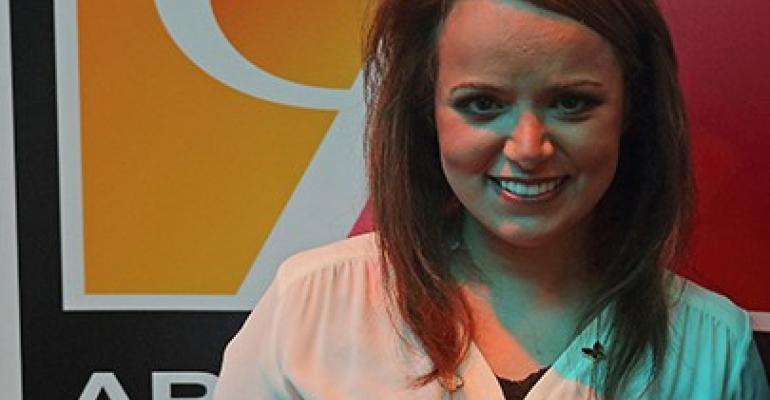Al Jalila Foundation, a global philanthropic organisation founded by His Highness Sheikh Mohammed bin Rashid Al Maktoum, Vice-President and Prime Minister of the UAE and Ruler of Dubai in November 2012 to position the UAE at the forefront of medical innovation, encourages groundbreaking research through specialist knowledge, expertise and resources across a range of scientific disciplines to support regionally-relevant medical advancements.
With an estimated one in five people diagnosed with diabetes in the UAE, it is evident that there is a critical need to invest in relevant local research and drive awareness on the subject. To date, Al Jalila Foundation has awarded 15 grants dedicated to diabetes research in the UAE.
One recipient of the Jalila Foundation grant for diabetes research is Dima Abdelmannan, MD, Consultant Endocrinologist, DHA, Associate Clinical Dean, Dubai Medical College, whose topic for research is the development of a simple test for the assessment of future type 2 diabetes mellitus (DM) risk in subjects with normal glucose tolerance.
Type 2 diabetes has reached an epidemic proportion in Arab countries including the UAE, where approximately 20 per cent of the adult population has the disease. Prevention of the development of type 2 diabetes mellitus will have enormous impact, not only on public health, but also on healthcare expenditure. Moderate weight loss and pharmacotherapy can significantly prevent/delay diabetes onset in high-risk individuals, meaning that identification of subjects at high risk for future type 2 diabetes mellitus is essential for every diabetes prevention programme.
Dr. Abdelmannan’s study will examine the ability of a single administration of dexamethasone in subjects with normal glucose tolerance to determine their future type 2 diabetes mellitus diabetes risk. This simple test will provide a useful tool to be utilised in clinical practice to identify subjects at increased risk for type 2 diabetes mellitus at the NGT stage.
In an interview, Dr. Abdelmannan discusses her chosen topic of research, the current challenges to overcoming diabetes in the UAE, and speaks on the current gaps in research on diabetes in the UAE and the wider region.
1. Briefly, can you describe your research, and why you chose this particular topic? How does this test differ from what’s already available?
Our research study looks at the ability of a simple blood test to identify individuals at high future risk for type 2 DM early while they still have normal glucose tolerance test. The study is unique because unlike most studies, which address the disease or its complications, we are trying to look at very early prevention. Such a simple test will provide a very useful tool to be utilised in clinical practice to identify subjects at increased risk for Type 2 DM and allows much earlier intervention to prevent/delay the onset of T2DM.
2. What, according to you, are the current challenges to overcoming diabetes in the UAE?
Some of the major challenges in overcoming diabetes in the UAE are that despite all the ongoing efforts to increase awareness about the disease, there is a huge gap in education. Education about pre-diabetes and how to prevent/slow its progression, education about lifestyle interventions, and education about adherence to adopting healthy lifestyle habits and to medications when they commence, are severely lacking across the society.
3. What do you think are traits of the disease which are specific to the UAE?
The traits specific to the UAE (and the Gulf region) are both lifestyle challenges as well as genetic predisposition.
4. What needs to be done on a societal level to overcome the prevalence of diabetes?
Adopting a healthy lifestyle goes a long way to improving the instances of diabetes but spreading this message is also integral to improving statistics. Lifestyle education that combines both the adoption of healthy eating habits and exercise can be considered a powerful tool in combating the high rates of diabetes prevalent in our society. Implementing more diabetic education programmes and efforts to increase awareness about early identification of the disease, its risk factors and complication, are required to overcome the increasing epidemic of diabetes in the UAE and beyond.
I think there should also be more collaboration between entities such as hospitals, universities and researchers, health authorities, schools, etc., to shape the best way forward.
5. What are the current gaps in research on diabetes in the UAE and wider region?
Some of the gaps, I believe, lie in the lack of consolidation of the efforts that are put in this field. There are many attempts that are taking place at different levels — awareness, diagnosis, treatment; however, at the same time, we see too much fragmentation.


